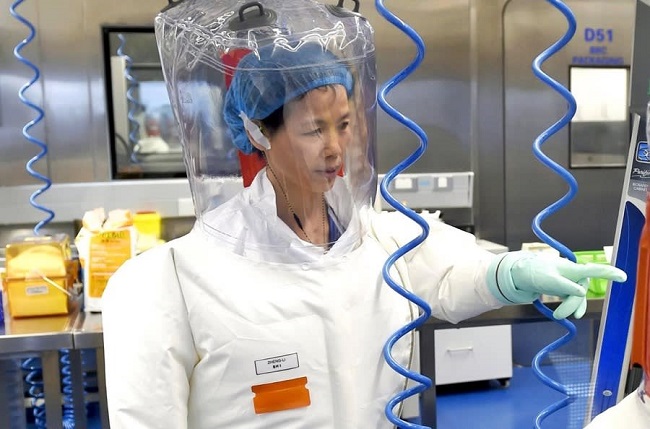Pelosi sets 48-hour deadline for White House to resolve coronavirus stimulus talks after long phone call with Mnuchin
The House Speaker’s demand came after she spoke with Secretary of the Treasury Steve Mnuchin by phone for over an hour in a bid to resolve the on-going deadlock.Time is winding down before the November 3 presidential election to reach agreement on a new coronavirus relief package. On October 10, Mnuchin proposed a $1.8 trillion economic stimulus proposal in talks with Pelosi but many Senate Republicans have balked at a package that big. Drew Hammill, Pelosi’s deputy chief of staff, said work remains to be done and set a deadline for the matter to be resolved – though it was unclear what would happen if this wasn’t met.“While there was some encouraging news on testing, there remains work to do to ensure there is a comprehensive testing plan that includes contact tracing and additional measures to address the virus’ disproportionate impact on communities of color,” he tweeted. “There remains an array of additional differences as we go provision by provision that must be addressed in a comprehensive manner in the next 48 hours.” Pelosi said while differences remain with the Trump administration on a wide-ranging coronavirus relief package but she was optimistic legislation could be pushed through before Election Day “I’m optimistic because, again, we’ve been back and forth on all of this,” Pelosi said in an interview with ABC’s “This Week.” “Decisions must be made by the White House in order to demonstrate that the Administration is serious about reaching a bipartisan agreement that provides for Americans with the greatest needs during the pandemic.” Mnuchin’s spokesperson said that he and Pelosi were expected to speak again on Monday night. The Democrat dominated House of Representatives has approved a $2.2trillion coronavirus stimulus package, but a deal with the White House and Republican-held Senate is still yet to be reached. Senate Majority Leader Mitch McConnell said the Senate will vote on smaller coronavirus relief packages Tuesday and Wednesday. Republicans gave favoured a series of singular bills with smaller individual price tags while Democrats have advocated for a sweeping package that addressed several sectors of the pandemic. The first bill will center on additional funding for the Paycheck Protection Program (PPP), which provides assistance to small businesses during the pandemic. The second vote on Wednesday will center on aid to schools and funding for testing. The overall proposal will cost $500 billion, much smaller than the White House’s offer, and the $2.2 trillion package House Democrats recently passed.

